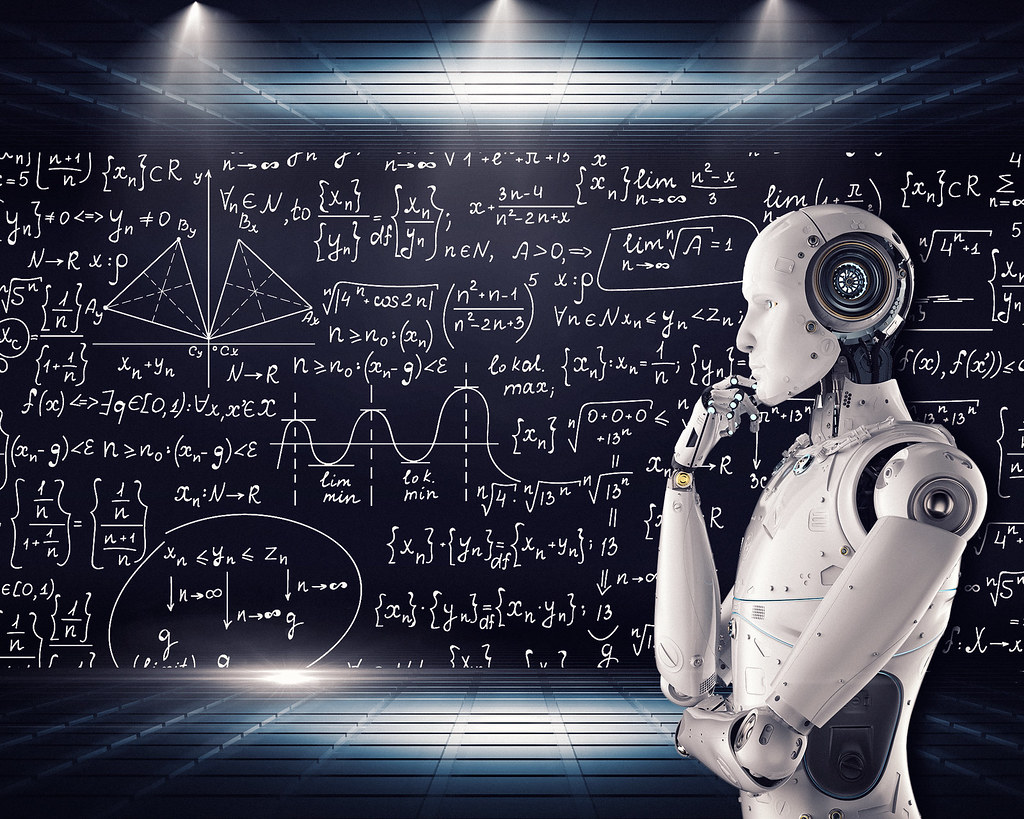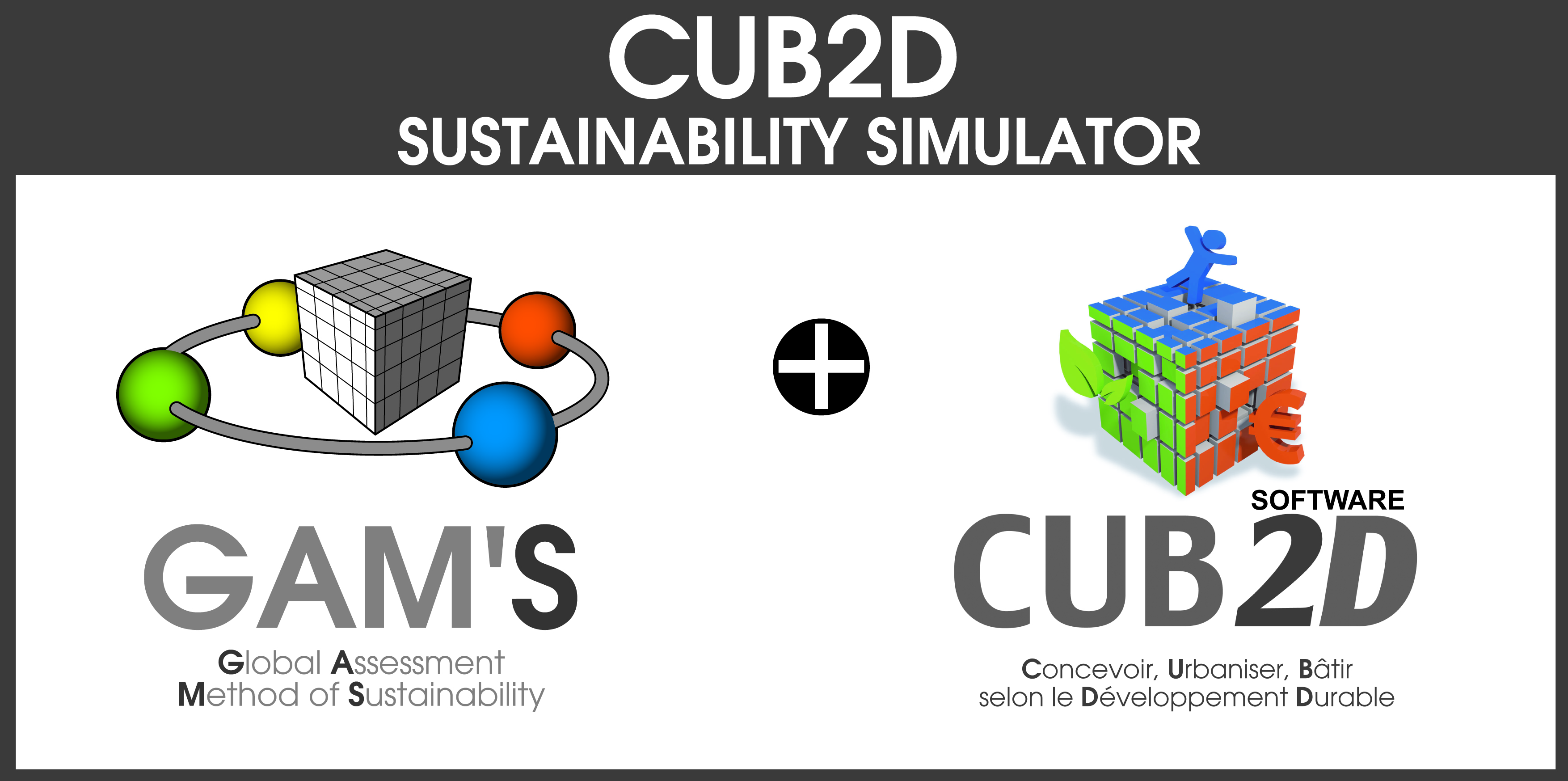Difference Between AI and Expert System
Expert systems are one of the prominent areas of research in the field of AI. In fact, expert systems represent the most successful demonstration of the capabilities of AI and they are the first truly commercial application of the work done in the field of AI. Expert systems are computer programs that simulate the thought process of a human expert to solve complex decision problems in a specific domain.

What is Artificial Intelligence?
Artificial Intelligence (AI) is the simulation of human intelligence in machines that are programmed to imitate the human capabilities of thinking, sensing and learning. AI is the study of systems that act in a way to any observer would appear to be intelligent. Perhaps a better starting point would be to ask, “What is intelligence?” We could define intelligence by the properties it exhibits, like the ability to deal with situations or the ability to solve complex problems, or to devise plans and so on. The idea of creating intelligent machines – ones that are as smart as or smarter than humans – is centuries old but became part modern science with the rise of digital computers. In many cases, AI is used to solve relatively simple problems or complex problems that are internal to more complex systems. AI basically involves using techniques based on intelligent behavior of humans to solve complex problems.

What is Expert System?
Expert system is an early product of the whole AI endeavor. The expert systems are the first realization of research in the field of artificial intelligence, in the form of a software technology. Expert systems are like knowledge-based systems, like computer programs that can advise, consult, diagnose, or solve problems, like a human expert. It began as a special branch of AI in the late 1960s to early 1970s, but has grown dramatically in the past few years. Expert systems represent the most successful demonstration of the capabilities of AI. In fact, expert systems are the first truly commercial application of the work done in the field of AI. Knowledge-based expert systems typically deal with diagnostic/prescriptive type of problems and they differ from traditional computer programming in several ways. Simply put, expert systems refer to computer programs that simulate the thought process of a human expert to solve complex decision problems in a specific domain.
Difference between AI and Expert System
Definition
– Artificial Intelligence (AI), sometimes called machine intelligence, is the simulation of human intelligence in machines that are programmed to imitate the human capabilities of thinking, sensing and learning. In simple terms, AI is the ability of a machine or a computer program to think, work, learn and react like humans. Expert systems represent the most successful demonstration of the capabilities of AI. By definition, expert systems refer to computer programs that simulate the thought process of a human expert to solve complex decision problems in a specific domain.
Goal
– AI involves the use of methods based on the intelligent behavior of humans and other animals to solve complex problems. The aim is to ensure that AI systems are aligned with human values. The idea is to create intelligent machines that are able to demonstrate some of the following behaviors associated with human intelligence; planning, reasoning, problem solving, learning, decision making, perception, and so on. Experts systems are computer programs designed to solve complex decision problems by reasoning through bodies of knowledge acquired from an expert.
Components
– The various components of frameworks that contribute significantly towards the implementation of intelligent systems are: Natural Language Processing (NLP), knowledge representation, reasoning, problem solving, machine learning and so on. The AI ecosystem divides the AI programs into two tiers: weak and strong AI. Expert systems are typically composed of four primary components namely the inference engine, the knowledge base, the user interface, and the knowledge acquisition module. An expert system helps to distribute the expertise of a human bit does not possess human capabilities.
Applications
– The study of AI has flourished over the years. Areas of particular importance include machine learning, multi-agent systems, artificial life, computer vision, planning, playing games, etc. AI is all around us. For example, Fuzzy Logic is widely used in washing machines, cars, and elevator control mechanisms. AI systems are used in a wide range of industries, from healthcare to finance, automotive, data security, social media, travel and transport, and more. Expert systems are the first truly commercial application of the work done in the field of AI. Expert systems provide expert advice and guidance in a wide variety of activities, from computer diagnosis to delicate medical surgery.
AI vs. Expert System: Comparison Chart

Summary of AI vs. Expert System
In a nutshell, AI involves using techniques based on intelligent behavior of humans to solve complex problems and it is particularly useful in situations where traditional methods would be too slow. AI is all around us. Simply put, AI is the study of systems that act in a way to any observer would appear to be intelligent. Expert systems represent the most successful demonstration of the capabilities of AI. In fact, expert systems are the first truly commercial application of the work done in the field of AI. Expert systems are like knowledge-based systems, like computer programs that can advise, consult, diagnose, or solve problems, like a human expert.
- Difference Between Caucus and Primary - June 18, 2024
- Difference Between PPO and POS - May 30, 2024
- Difference Between RFID and NFC - May 28, 2024
Search DifferenceBetween.net :
1 Comment
Leave a Response
References :
[0]Image credit: https://upload.wikimedia.org/wikipedia/commons/4/49/Expert_System_CUB2D.jpg
[1]Image credit: https://live.staticflickr.com/1816/30212411048_2a1d7200e2_b.jpg
[2]Mitchell, Melanie. Artificial Intelligence: A Guide for Thinking Humans. New York, United States: Farrar, Straus and Giroux, 2019. Print
[3]Coppin, Ben. Artificial Intelligence Illuminated. Burlington, Massachusetts: Jones & Bartlett Learning, 2004. Print
[4]Krishnamoorthy, C.S. and S. Rajeev. Artificial Intelligence and Expert Systems for Engineers. Boca Raton, Florida: CRC Press, 1996. Print
[5]Badiru, Adedeji B. and John Cheung. Fuzzy Engineering Expert Systems with Neural Network Applications. Hoboken, New Jersey: John Wiley & Sons, 2002. Print

I am regular visitor, how are you everybody? This article
posted at this site is really nice.